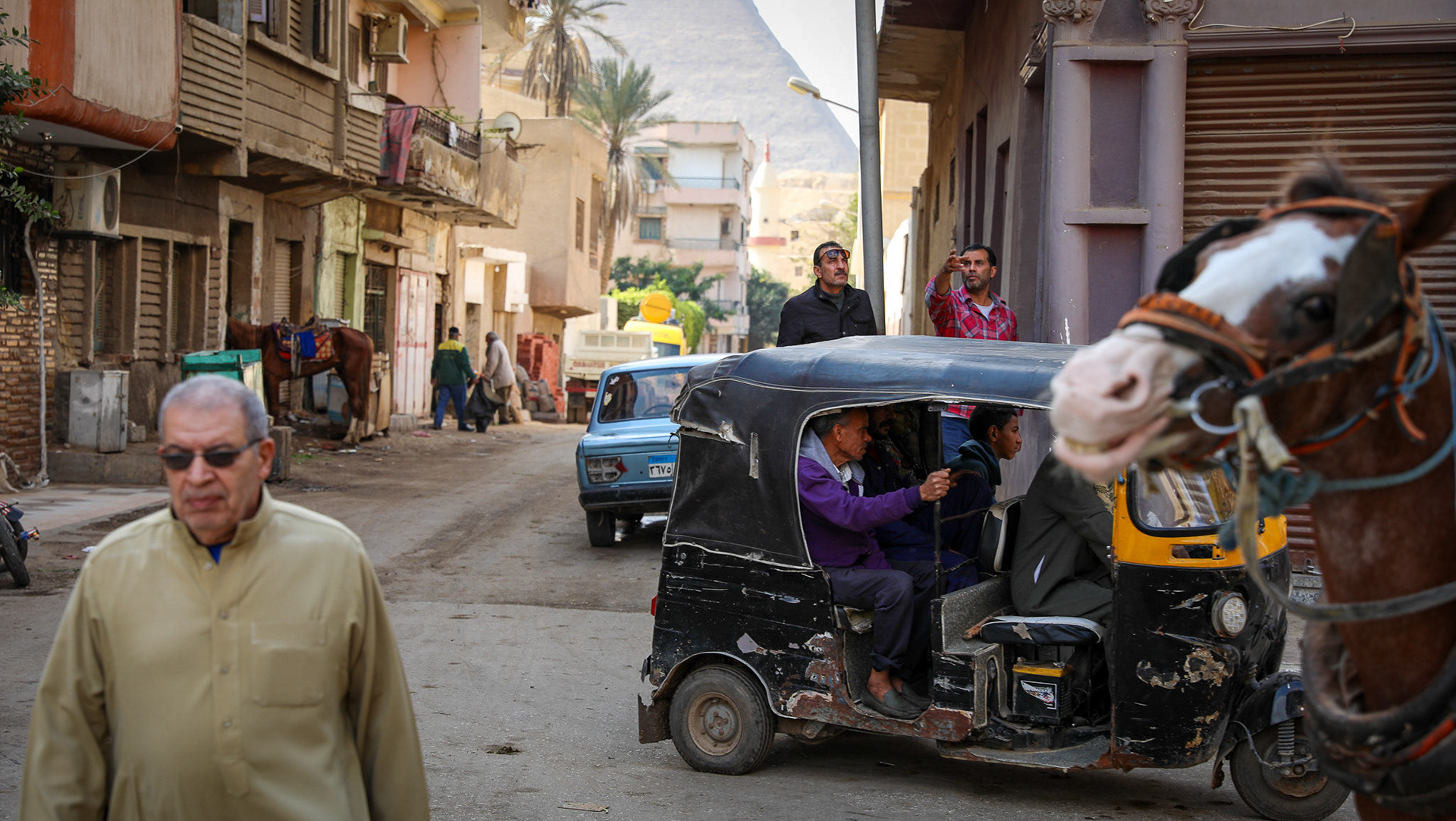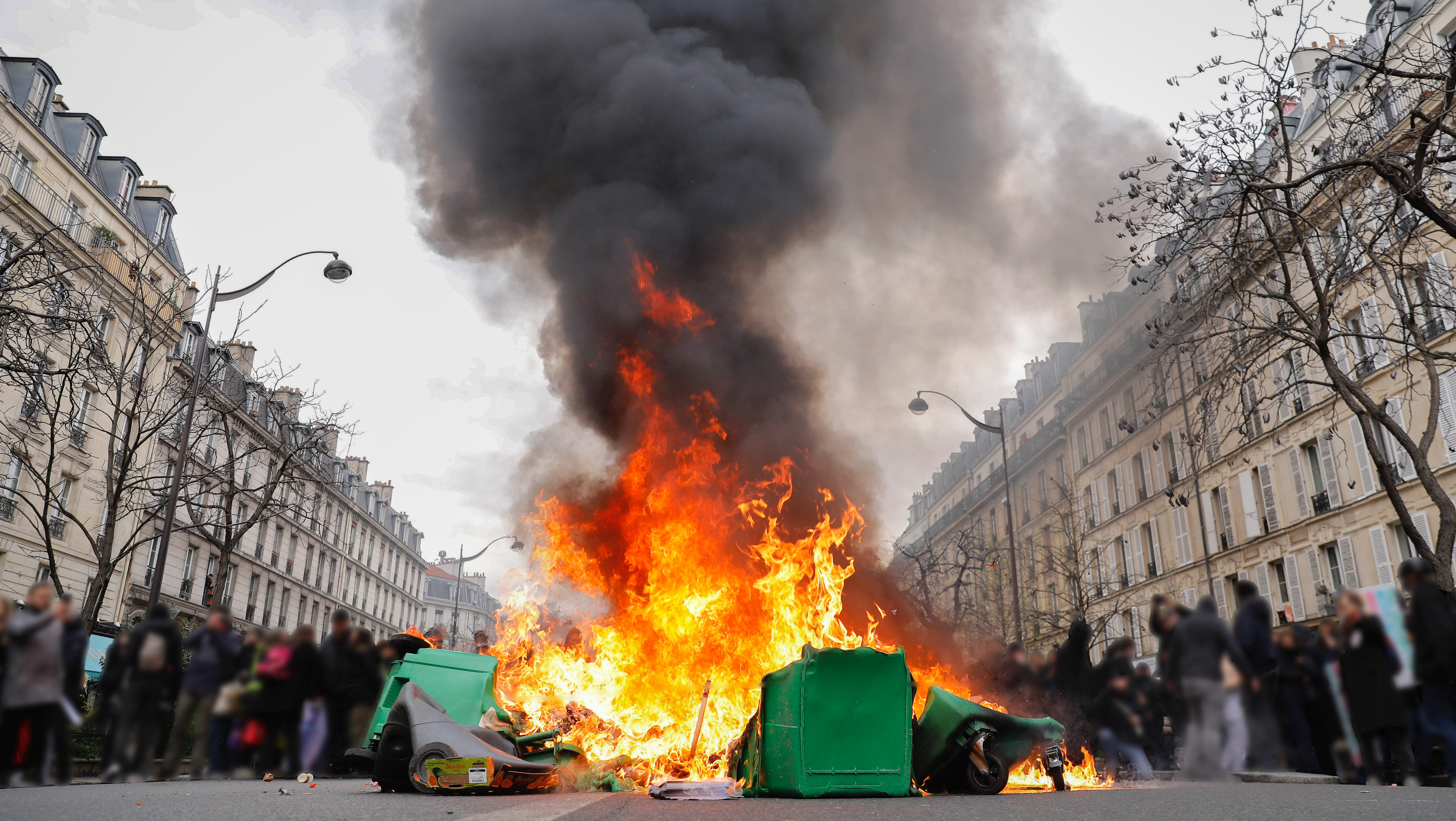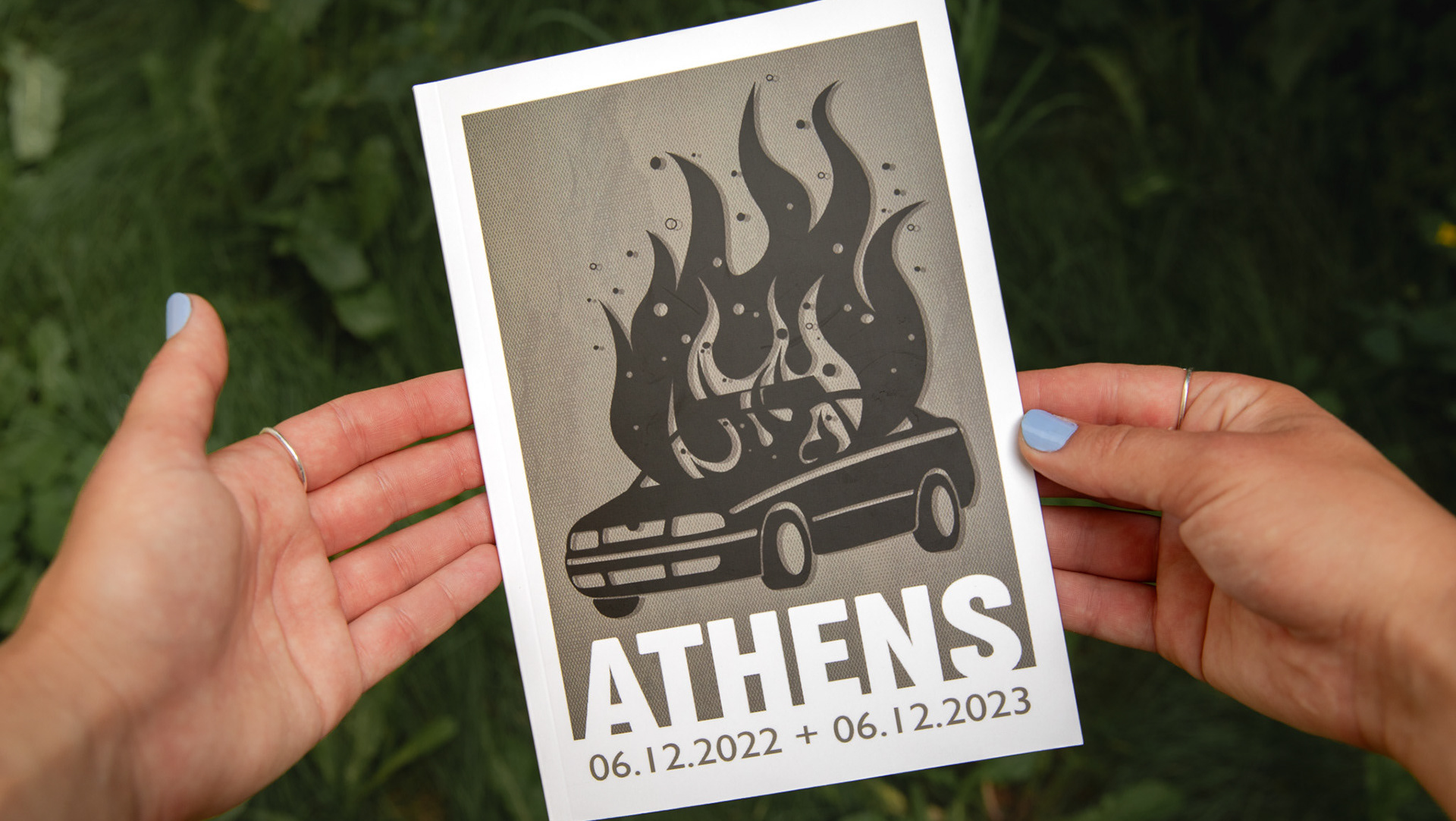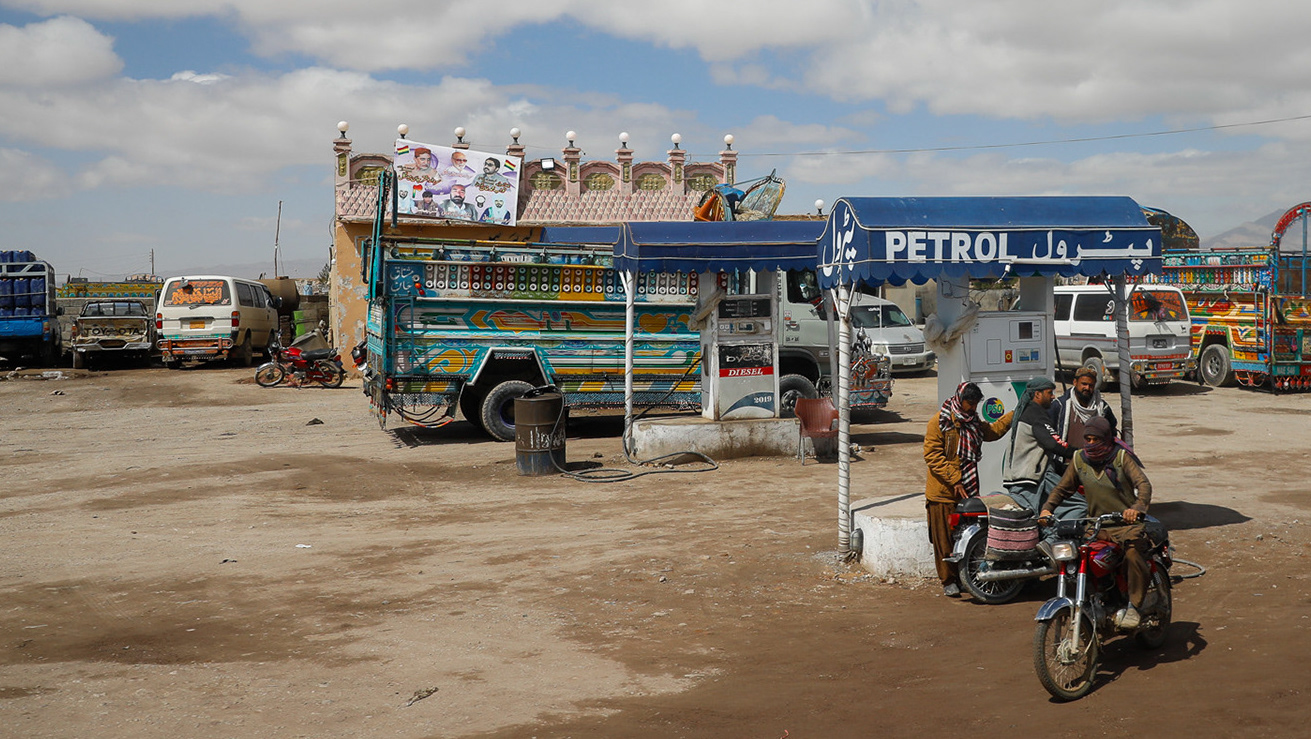photos taken during the annual 6th of December protests in Greece in 2022 and 2023.
On the 6th of December 2008 Two police officers patrolling the neighborhood of Exarcheia, Athens drove next to a group of youths and verbally abused them. The witnesses present at the scene reported that shortly after the incident, the police returned to the location on foot and continued the confrontation. Someone from the crowd threw a plastic bottle in the direction of the police. The officers took their weapons and fired three bullets: two into the sky and one towards the teenagers. The shot fired by Epaminondas Korkoneas, fatally wounded Alexis Gregoropoulos, a 15-year-old high school student.
As his friend Nikos Romanos, who was present at the scene, stated: “They didn’t just kill Alexandros, they murdered him in cold blood.”
THE MURDER OF ALEXIS SPARKED A WAVE OF UNREST. Three hours after the incident, the streets of Athens were filled with people demonstrating against police violence. The following day, the protests spread to several other cities and quickly gained significant international solidarity. They continued to grow, and within a couple of days, they had turned into a mass movement across the entire country. On Monday, in every city and town, school students walked out of classrooms, marched towards the local police stations, throwing stones and bottles, and clashing with the police. The demonstrations were often initiated by the generation of Alexis- high school and university students. Until mid-January 2009, Athens was overtaken by unrest. More than a hundred schools and faculties were under occupation. Police stations, banks, and public buildings were attacked.
Demonstrations in solidarity with the Greek protesters took place in many countries around the world, including Turkey, Spain, Italy, the UK, Denmark, the Netherlands, Russia, and the US. The consulates of Greece in Berlin and Paris were occupied, and clashes took place.
The unrest was directly triggered by the fatal shooting. Nevertheless, the reasons why so many people took to the streets in December 2008 were rooted in deep feelings of frustration. The widespread police brutality, excessive use of force and weaponry, growing economic crises, unemployment, and corruption of the Greek state were some of the main issues.
Years later, the Greek population still remembers the murder of Alexis. Since 2008, excessive use of “non-lethal” weaponry, tear gas, plastic and rubber bullets, and water cannons have often been used to disperse protests. Far-right groups which have ties to the police forces and the government, continue to attack anarchists, political activists, and refugees. In recent years, there have been numerous evictions of squats and social spaces. The gentrification of Exarcheia and the ongoing governmental attempts to suppress its rebellious spirit are evident throughout the entire neighborhood. Plans to construct a metro station on Exarchia Square, which is currently under constant occupation by the riot police, are slowly progressing.
Banners seen around the neighborhood state: “You can evict us, but you can’t evict the movement.
”Even with all those obstacles and repressions, thousands of Athenians gather on the 6th of December each year to take to the streets as a reminder of the ongoing struggle and to commemorate those who have been killed by the police. Their commitment and organization to fight against state oppression is remarkable.




